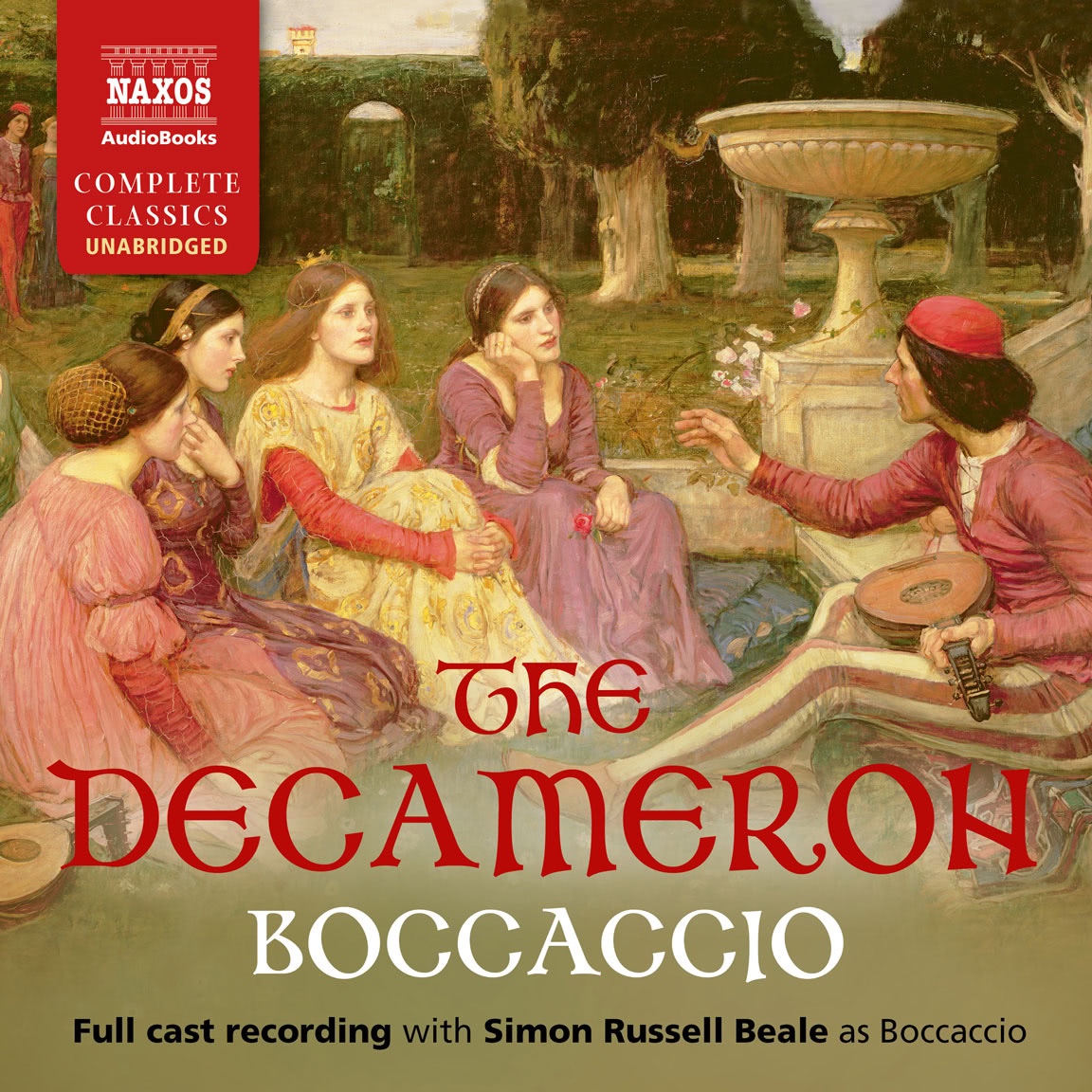The Decameron is a piece of medieval Italian literature. It is the story of a group of ten wealthy nobles (seven ladies, three gentlemen) who decide to “escape” Florence during an outbreak of the Plague. They go to the country and entertain themselves for ten days by telling each other stories.
I’ll be honest, I skimmed large portions of this book. It’s quite a long read, and it took me a while to get through it, because I kept putting it down for various reasons. (In fact, I picked it off my shelves in March, shortly after everything fell to pieces, because it felt like it would be an appropriate read, considering everything that was going on. I put it down for months at a time before finally finishing it last week.)
I do feel somewhat conflicted about it. I think the premise and the frame story are interesting, but the stories that these characters share with each other were far less interesting and entertaining to me. However, there were moments that I found surprisingly emotional and resonant.
The section at the beginning where Boccaccio describes the outbreak was horrific and emotional to read. But more than anything else, every time we pop back into the frame story, I could not help feeling very connected to it, and found it incredibly contemporary. For a book that is approaching 700 years old, that isn’t exactly what I was expecting, but I realized that The Decameron from 1351 speaks more to 2020 than many books that have been published in 2020. How so?
This is a story of a group of friends who feel like the world is all just a bit too much.
The ten characters in the frame story are trying to outrun the shadows of current events. Trying to pretend like everything is fine, even if only for ten days. And although they are privileged and selfish, I can understand that desire to try and block out the world. They are choosing the fourteenth century equivalent of a social media break.
There is a moment in particular I found very resonant along these lines. Most of the stories are quite lighthearted. One character (Filostrato), however, chooses quite a melancholic theme when it is his turn to be in charge for the day. Some of the group kind of calls him out, essentially saying that “This isn’t the game we’re playing.” They end up asking Filostrato to also sing the song for that night, so that his melancholy won’t infect more than one day. This little episode shows how determined they are to keep everything cheerful, however difficult that might be, and no matter what awaits them when they return to Florence after this brief respite.
It’s not that they are clueless or willfully ignorant. They know the reality, but are attempting to make space for hope within that.
They are creating a little light and laughter in a world that seems to be falling apart. And if that is not the most 2020 thing ever, I don’t know what is.
